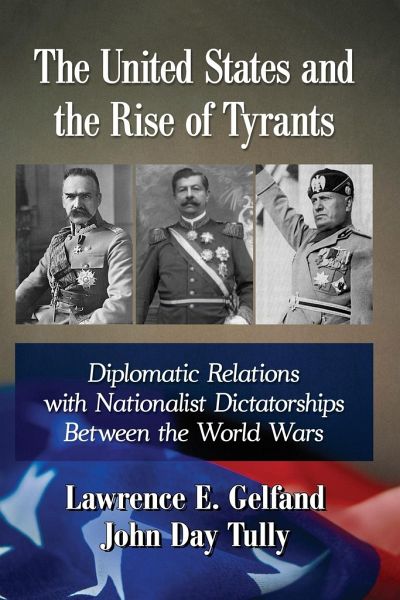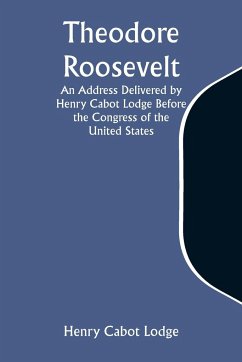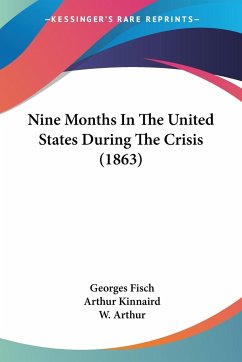
The United States and the Rise of Tyrants
Diplomatic Relations with Nationalist Dictatorships Between the World Wars
Versandkostenfrei!
Versandfertig in 1-2 Wochen
48,99 €
inkl. MwSt.

PAYBACK Punkte
24 °P sammeln!
Nationalist dictatorships proliferated around the world during the interwar years of the 1920s and 1930s. Policymakers in Washington, D.C., reasoning that non-Communist regimes were not necessarily a threat to democracy or national interests, found it expedient to support them. People living under these governments associated the United States with their oppressors, with long-term negative consequences for U.S. policy. American policymakers were primarily concerned with fostering stability in these countries. The dictatorships, eager to maintain political order and create economic growth, look...
Nationalist dictatorships proliferated around the world during the interwar years of the 1920s and 1930s. Policymakers in Washington, D.C., reasoning that non-Communist regimes were not necessarily a threat to democracy or national interests, found it expedient to support them. People living under these governments associated the United States with their oppressors, with long-term negative consequences for U.S. policy. American policymakers were primarily concerned with fostering stability in these countries. The dictatorships, eager to maintain political order and create economic growth, looked to American corporations and bankers, whose heavy investments cemented the need to support the regimes. Through an examination of consular records in nine countries, the author describes the logistics and consequences of these relationships.













